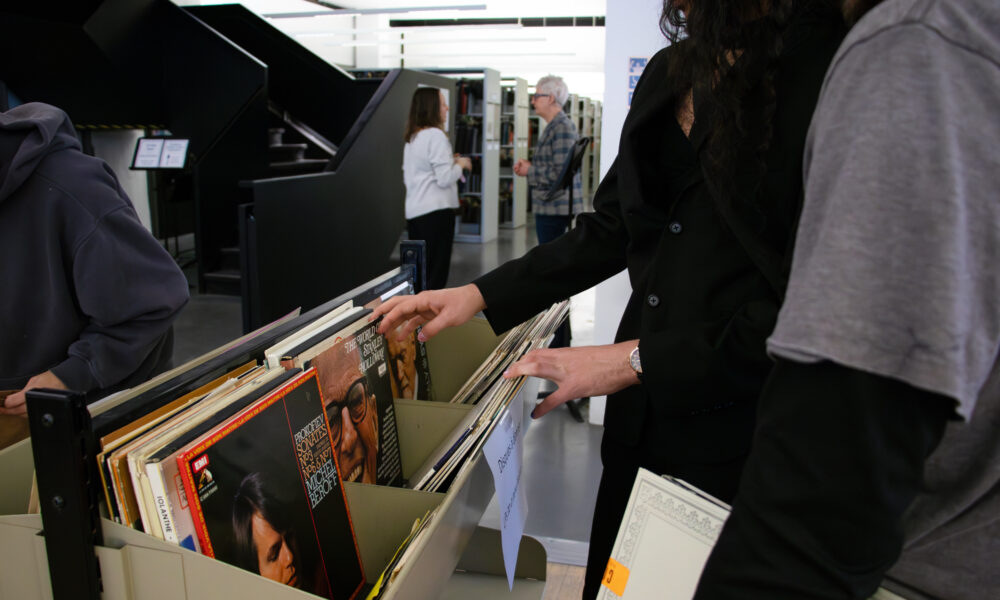Typically as an artistic or stylistic choice, deluxe editions of albums are released a few months or so following the initial album drop, expanding upon the original record with the inclusion of more songs. With (relatively) recent examples such as Olivia Rodrigo’s GUTS (spilled) (2024) and Tyler, the Creator’s CALL ME IF YOU GET LOST: The Estate Sale (2023), deluxe albums are becoming an increasingly common fixture in the music industry. But are deluxe albums truly necessary?
Personally, I find deluxe albums pretty pointless. While I understand the financial or artistic appeal of releasing new music in this format, the songs often render the album less cohesive as a whole. Almost like an afterthought, the songs from deluxe editions of albums usually stick out and don’t feel like a necessary part of the original. Even though the songs can sometimes be great, it is hard to tack new songs onto the end of an album, especially after most albums have a distinct final song that signifies the end of an album. Attempting to add more songs after a strong closer makes the album feel more confusing, especially as most deluxe editions generally don’t close in the same manner.
Furthermore, the songs on deluxe editions are often of a lesser quality than those on the standard tracklist. For instance, on Taylor Swift’s 2010 album Speak Now, the songs released on the extended edition were, in my opinion, notably weaker, particularly in terms of the slightly boring songwriting. Lately, Swift has been rerecording her old music and adding “from the vault” tracks to her albums as an excuse to further extend the already deluxe edition. Bloated with these extra songs, her 2021 rerecording of Red (Taylor’s Version) clocked in at a whopping two hours and ten minutes. As someone who mostly enjoys listening to music by playing through a full album, when would I ever have time to listen to this in one sitting?
Most of the time, deluxe editions feel like an unimaginative cash grab rather than the result of an artist’s genuine creative impulse. The attention surrounding a deluxe album release can be almost as big as that of the initial album rollout, helping to raise the artist’s profile and bolster their streaming numbers. With streaming platforms like Spotify keeping the original album addition available, deluxe editions also expand the album’s outreach, thus further increasing its potential for streams. If a deluxe edition is just going to include one extra song, like Swift’s folklore (deluxe edition) (2020), why not just include it on the original album in the first place? Similarly, if a deluxe edition is going to be upwards of five songs, why not just release an additional EP or a full-length album instead? It feels like a lapse in creativity; instead of taking the time to craft a new album to satisfy their fans, an artist is just repurposing songs that purposefully weren’t included on the album in the first place.
Deluxe albums certainly aren’t going anywhere, but that doesn’t mean we have to enjoy them. In an ideal world, artists would take a cue from Lana Del Rey; the (former) indie artist extended her 2012 album Born to Die by releasing Paradise as both a deluxe edition of the former album and as a standalone EP. If an artist feels like an album is unfinished when it’s released, they shouldn’t release the original album in that state. But if there is a dire need to release songs that didn’t make it onto a record, an artist should at least try to separate it and release a new EP or album with those songs.








